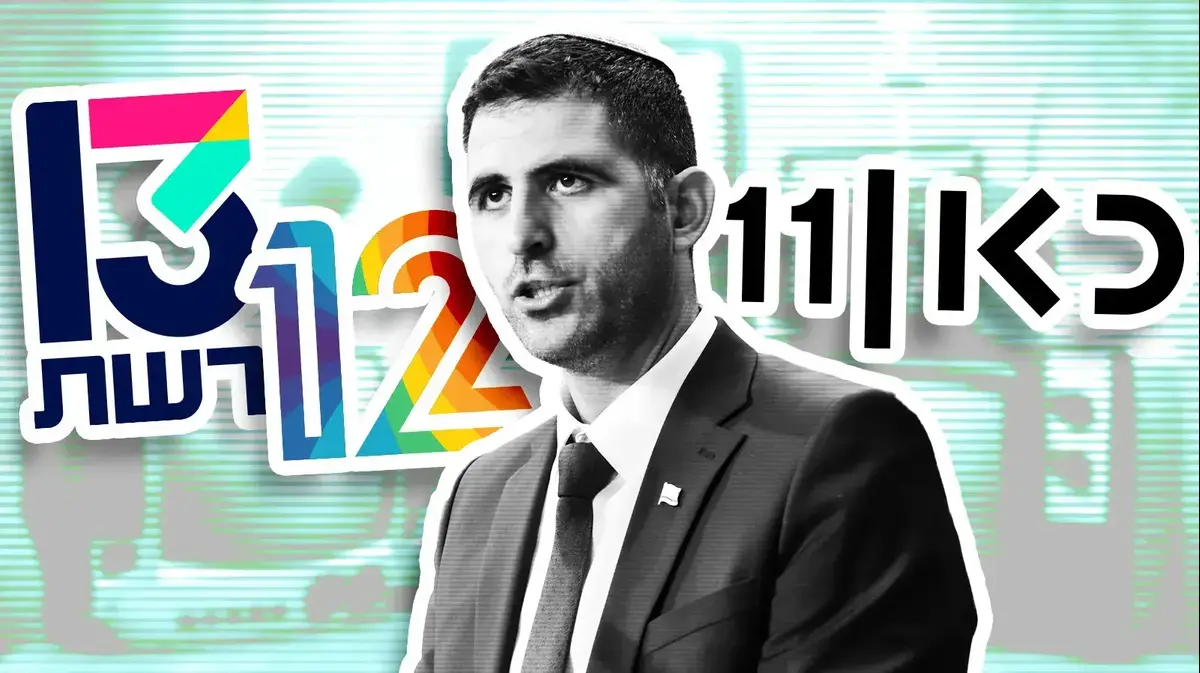With the vote on the state budget around the corner, the renewed discussion on the distribution of public money is more fascinating than ever.
It reveals our collective subconscious, and makes us talk about our foundations as a society and as a country.
The coalition agreements, the budgetary trends and the statements of the new ministers are described by the supporters as guaranteeing the government's stability and as "governance", but the opponents firmly claim that this is "the robbery of the public purse".
A lot can be said about the coalition alliances forged here in recent months, and about the way in which weighty economic decisions are made.
But this very charged discussion reveals not only what we think about economic policy, but mainly what we think about Israeli society.
Who in our eyes is a legitimate family member, and who is a parasite.
Who is the obvious beneficiary of the tax money, and who needs to prove himself.
Who "gets government support", and who "robs the public purse".
In other words, we reveal who we perceive as "us", part of the collective, and who is the "other" who will never be granted the same status.
It may sound far-fetched, but in many developed countries it is common to think that every citizen is entitled to benefit from state services equally, regardless of how much he considers himself a participant in its ethos.
Whereas we, without noticing - and who knows what, maybe with - reveal an unwritten list of criteria that only if met, will the Israeli citizen become one worthy of withdrawing cash from the state coffers.
Those who did not serve in the IDF should not talk to us at all, because the army is still the undisputed entrance ticket to Israeli legitimacy. Those who do not pay taxes, or avoid work by choice rather than necessity, should sit on the sidelines. The public purse belongs to those who contribute as much as possible, not to those who see it as A source of livelihood. Those who are not part of the Jewish-Zionist vision will be scrutinized with four eyes, and if it is a cultural institution - wai-wai-wai.
Opinions, of course, are divided: some see the funding of Abrach as a national disaster, but are willing to put up with heavy funding of students in esoteric fields that are not relevant to the job market.
Some see child allowances as folly, and covering the stage theater's debts as a horrific waste of public funds.
These questions tear us apart from the inside.
They are gnawing at our solidarity, the feeling of brotherhood and the idea of shared destiny.
The anger - which is often justified, let's be clear - destroys the delicate social fabric created here in 75 years of existence, and accumulates dangerous interest rates of resentment and frustration.
On the realistic assumption that we will not succeed in changing any social group from end to end, the solution probably lies elsewhere: a drastic reduction of the state budget and a horizontal cut in taxes.
This is an idea that, of course, needs to be explored far beyond the breadth of the canvas that is possible here, but the basic principle is that every citizen should keep most of his money with him, and decide how and on what to spend it.
Politicians will not take advantage of their position to obtain exorbitant financial benefits for their constituents, and no one will feel that the "other" is robbing the common fund.
Logic says that this is the necessary step for the success of the common Israeli future.
were we wrong
We will fix it!
If you found an error in the article, we would appreciate it if you shared it with us









